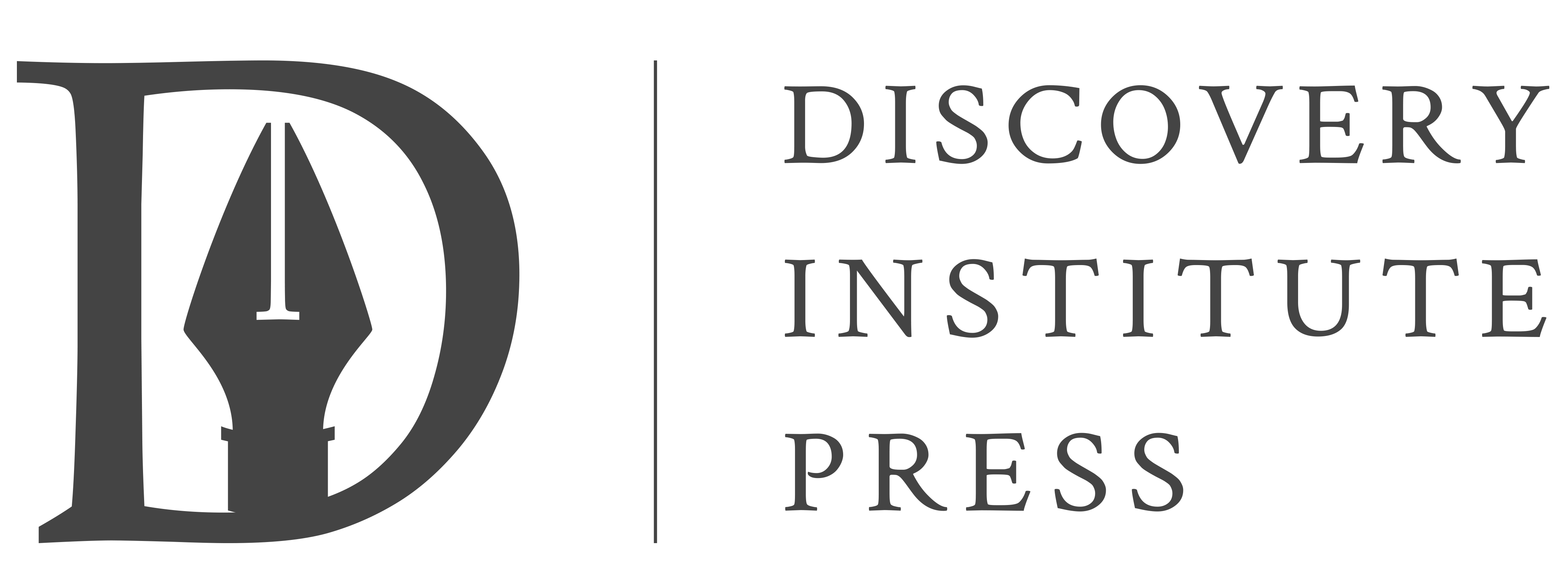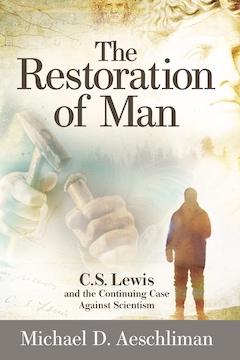About the Book
C. S. Lewis is best known for his Narnia tales and Christian apologetics, works that have sold more than 100 million copies. But Lewis was also a trained philosopher and a professor at Cambridge and Oxford. An intellectual giant, he fiercely and extensively critiqued the fashionable dogma known as scientism—the idea that science is the only path to knowledge, and matter the fundamental reality. Michael Aeschliman’s The Restoration of Man ably surveys Lewis’s eloquent case against this dogma, and situates him among the many other notable thinkers who have entered the fray over this crucial issue. Aeschliman shows why Lewis’s case for the human person as more than matter—as a creature with inherent rationality and worth—is a precious resource for restoring and preserving our culture’s sanity, wisdom, and moral order. This newly revised and expanded edition of Aeschliman’s celebrated study includes forewords by three distinguished writers—James Le Fanu, George Gilder, and Malcolm Muggeridge.
Endorsements
“One of the most perceptive books on C. S. Lewis.”—Russell Kirk, Washington Post Book World
“Aeschliman’s splendid book… worthily exhibits the valour of Lewis’s championship of true humanity and the ‘philosophia perennis‘…”—Expository Times (Scotland)
“Aeschliman pulls together a dazzling array of scholarly ammunition in his attack against scientism… Highly recommended.”—Library Journal
“Almost a vade mecum of the liberal arts and will be welcomed… by any reader who values what Newman called the ‘philosophic habit’ of mind.”—Anglican Theological Review
“Analyses ancient and modern thought with great insight… a most valuable aid and stimulus… A much-needed and timely reminder of the vital and continuing importance of perennial values, and the need to rally to their defense.”—Peter Hodgson, Head of the Nuclear Physics Theoretical Group, Nuclear Physics Laboratory, Oxford University, University Bookman
“An excellent study of a major theme in the writing of C. S. Lewis.”—Mark G. McKim, Reformed Review
“A succinct, strong book, worthy of Lewis himself.”—Russell Kirk, The Wanderer
“Goes beyond mere literary criticism to argue an important point with vigor, and for that reason stands on its own as a voice in the conversation.”—Epiphany
“An admirable synoptic review of the key thinkers of modernity who have dealt with the meaning of scientific knowledge for understanding the nature and condition of persons.”—Philip H. Phenix, Columbia University
“Aeschliman’s book is the best possible guide to reading for those who feel the need to recover an integral humanism open to the idea of Divine Wisdom.”—David Martin, London School of Economics, Fellow of the British Academy





